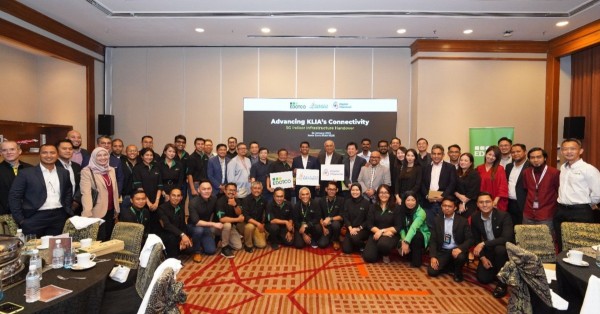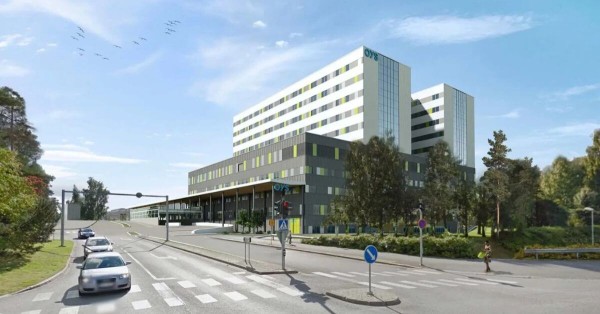Baicells, a leading provider of turnkey LTE and 5G solutions for operators, enterprises, and communities, and Helium Deploy, a provider of Helium 5G Solution bundles, have announced a partnership to bring the Helium Network opportunity to the international community. The partnership will see Helium Deploy invest $9.5 million in Baicells Nova430H DeWi radios, to meet global demand.
Through the partnership with Baicells, Helium Deploy is bringing the DeWi network model to the global market or, more specifically, the opportunity to purchase and deploy in the US network build-out. The program pairs global consumers with US-based hosts. Consumers (outside of the US) can purchase the Baicells small cells from Helium Deploy to then connect them with local hosts across the US, who deploy the equipment. In exchange for deploying the small cell, the host earns 20% of the Mobile Token earnings, with the owner outside the US taking the remaining 80%. The duration is indefinite, with a minimum term of two years.
Until now, the Helium Decentralized Wireless (DeWi) Network being built across the US was open to participation by only those residing in the US since the network is based on CBRS, a US-specific wireless band, for wirelessly connecting users and devices.
DeWi networks are made possible by the ongoing advances in small-cell technology and are increasingly gaining momentum across the United States. They offer an entirely new technical and economic model with the goal of helping close the coverage gap and becoming a platform to launch new use cases. A DeWi operator like Helium allows almost anyone to purchase and deploy their own small cell, indoors or outdoors, along with a low-cost gateway to offer high-performance wireless (cellular) connectivity to all kinds of user devices like popular smartphones, tablets, and devices that are in its local coverage footprint.
The owner/operator of the small cell then gets compensated for simply providing this wireless coverage and gets additional compensation each time a device connects and then again as more data is transported over that small cell. Compensation is in the form of the Helium Mobile Token.
In anticipation of this new program, Helium Deploy has been evaluating the market outside the US and quickly found that there is significant demand. Helium is already known outside the US since it offers a similar approach globally for LoRa and IoT connectivity, which uses a different and more universal wireless spectrum band globally to connect all kinds of smart devices, sensors, and more.
The Helium Deploy Program allows a way forward for those outside the US to now participate and benefit from the 5G rollout that started only in mid-2022 and is US-specific. To date, in just a short duration since the 2022 launch, the Helium DeWi network boasts over 6,000 radios deployed across the US.
Helium Deploy CEO, Emile Chouha stated, “As Canadians, we at Helium Deploy want to make 5G mining available to our community which is why we launched this program and even US investors are interested in our digital miners! We love to innovate and come up with new ways to approach crypto mining with Baicells as our Partner.”
“Baicells is excited to be working with Helium Deploy,” said Minchul Ho, CEO of Baicells North America. “The company is innovative and a growing influence in the decentralized wireless ecosystem. Launching this program to bring the earning opportunity of the DeWi to the global community will only help accelerate the scaling of the national network footprint.”
To learn more about Helium Deploy’s new project, please visit: https://heliumdeploy.io/pages/hosted-miners





















